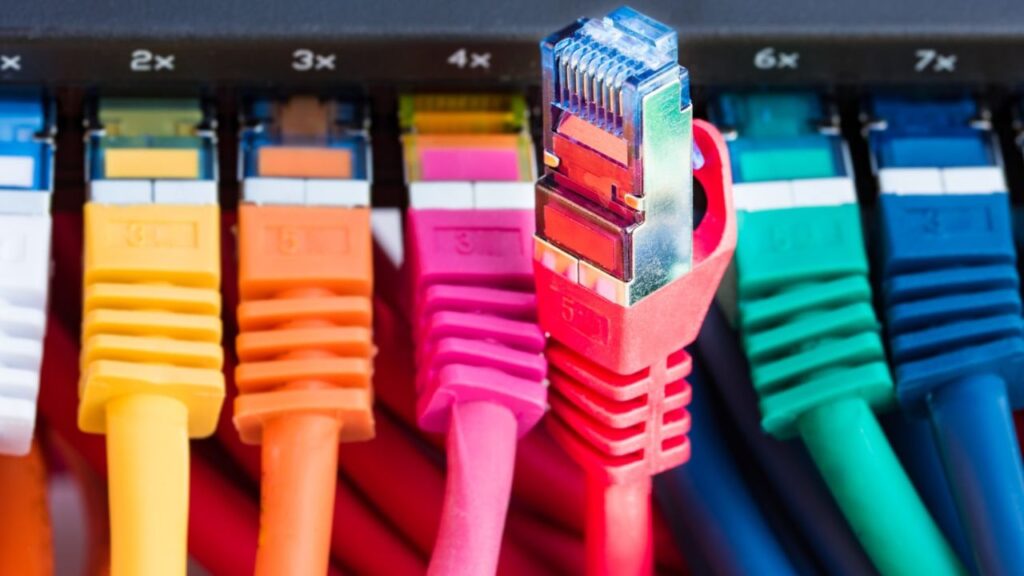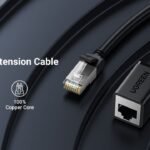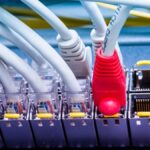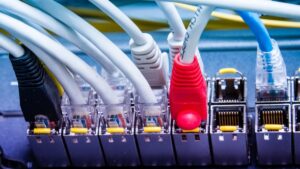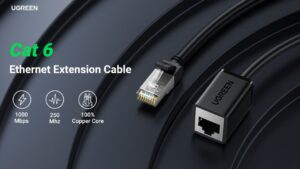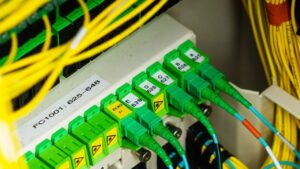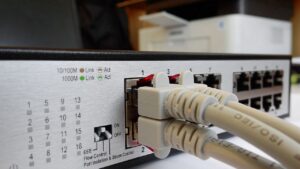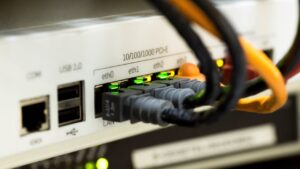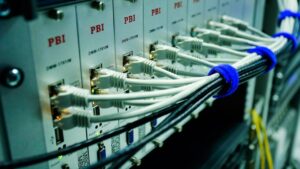In Dubai, UAE, the choice between WiFi vs Ethernet cable connectivity plays a crucial role in ensuring seamless communication. While WiFi offers convenience and mobility, Ethernet cables provide a reliable and high-speed connection, essential for businesses and residents alike. This decision impacts the efficiency of online activities in this bustling Middle Eastern metropolis
I. Wifi vs Ethernet Speed
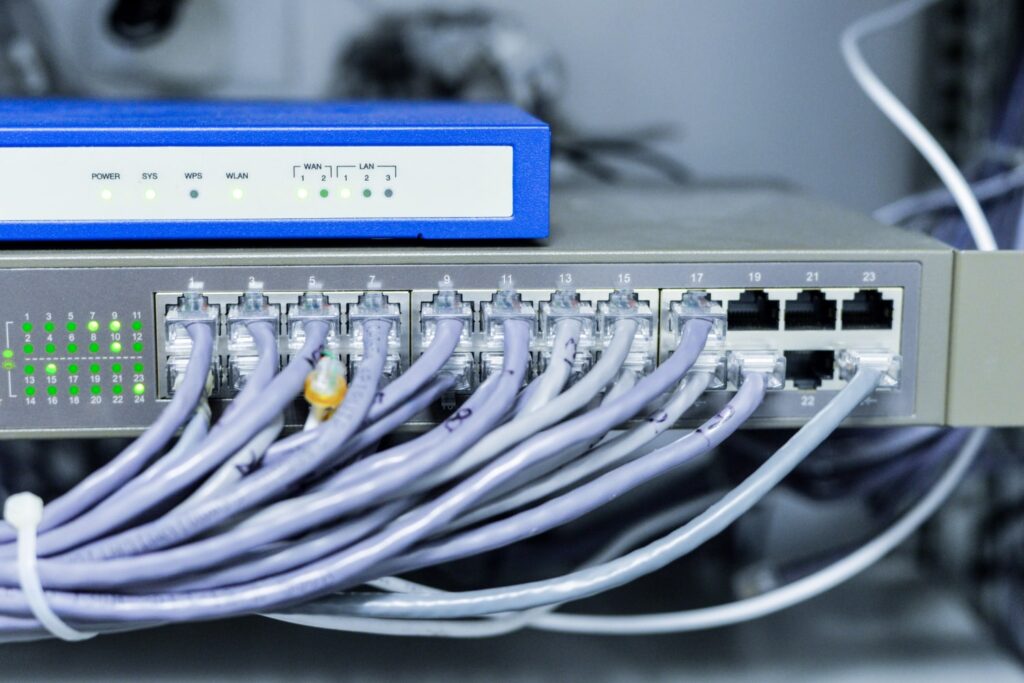
1. Wi-Fi Pros:
- Wireless convenience.
- Suitable for mobile devices.
- Easy setup.
2. Wi-Fi Cons:
- Slower speeds at a distance.
- Interference can affect performance.
- Limited bandwidth sharing.
3. Ethernet Pros:
- Faster and more stable.
- Consistent speeds.
- Ideal for gaming and streaming.
4. Ethernet Cons:
- Requires cables.
- Less mobility.
- Setup can be more complex.
In summary, WiFi vs Ethernet cable delivers speed and stability for demanding tasks. Choose based on your need
II. Wifi vs Ethernet Gaming
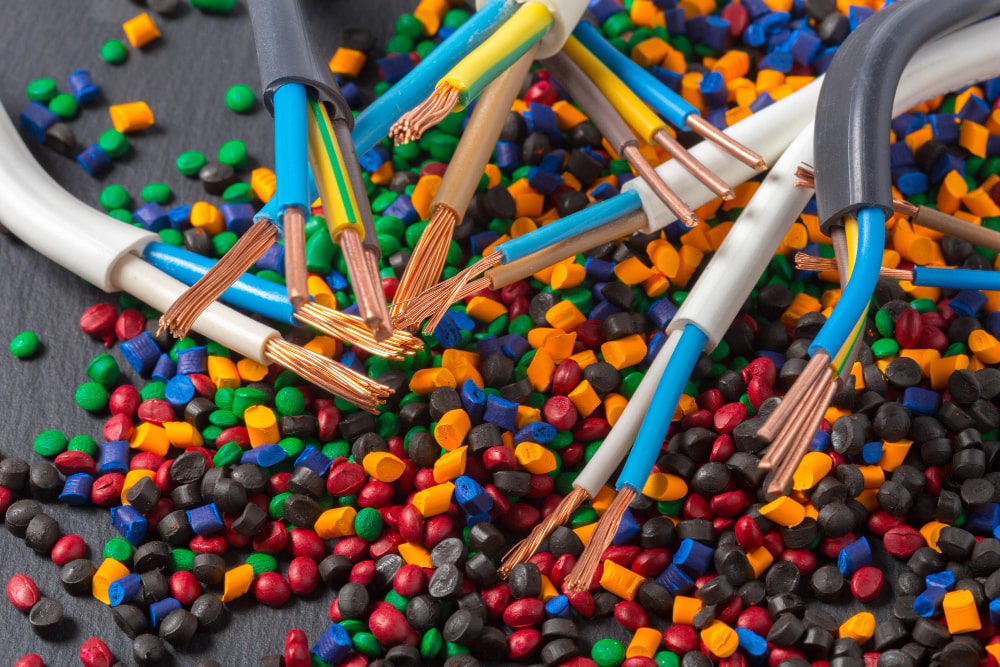
- Latency Matters: Ethernet provides lower latency, reducing lag for online gaming.
- Stability Wins: Wi-Fi can be helpless to impedance, while Ethernet offers a steady association.
- Speed Demons: Ethernet generally offers faster speeds, crucial for large downloads and streaming.
- Security Check: Ethernet is more secure than Wi-Fi, reducing the risk of cyberattacks.
- Ease of Setup: Wi-Fi is easier to set up, but Ethernet is more reliable for competitive gaming.
- Budget Considerations: Ethernet cables are cost-effective, while Wi-Fi might require a high-end router.
- Flexibility Factor: Wi-Fi provides mobility, but Ethernet is the go-to choice for esports and competitive gaming.
- Gamer’s Choice: Hardcore gamers prefer Ethernet, while casual gamers may find Wi-Fi sufficient.
Choose wisely based on your gaming needs!
III. Wifi vs Ethernet For Streaming
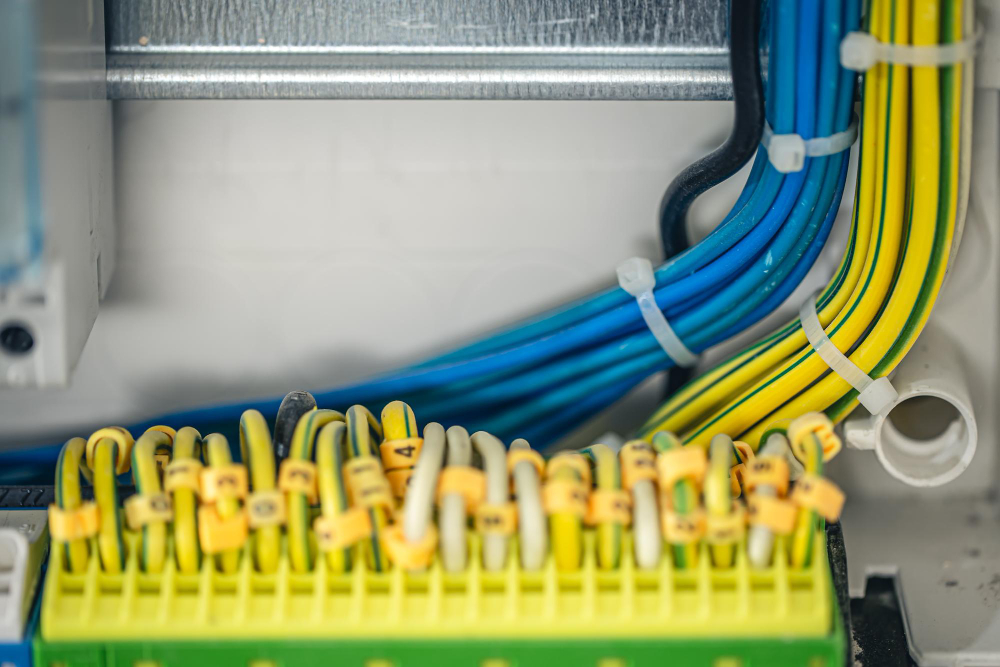
1. Speed and Stability:
- Ethernet: Offers faster and more stable connections, ideal for high-quality streaming.
- Wi-Fi: This can be prone to interference and slower speeds, impacting streaming quality.
2. Latency:
- Ethernet: Lower latency ensures minimal buffering during streaming.
- Wi-Fi: Higher latency may result in occasional lags and delays.
3. Reliability:
- Ethernet: Reliable for uninterrupted streaming, especially for 4K or live content.
- Wi-Fi: Susceptible to signal drops, affecting reliability.
4. Convenience:
- Ethernet: Requires cables, limiting device mobility.
- Wi-Fi: Provides flexibility for device placement but may sacrifice performance.
5. Installation:
- Ethernet: Requires setup with cables, potentially involving drilling and wiring.
- Wi-Fi: Easy to set up, just connect to the network.
6. Cost:
- Ethernet: Initial setup cost for cables and adapters.
- Wi-Fi: No additional cost for wireless connectivity.
7. Overall Winner:
- For the best streaming experience, Ethernet is the preferred choice.
- WiFi vs Ethernet cable is convenient but may not match performance.
A. Are Ethernet Cables Better Than Wifi
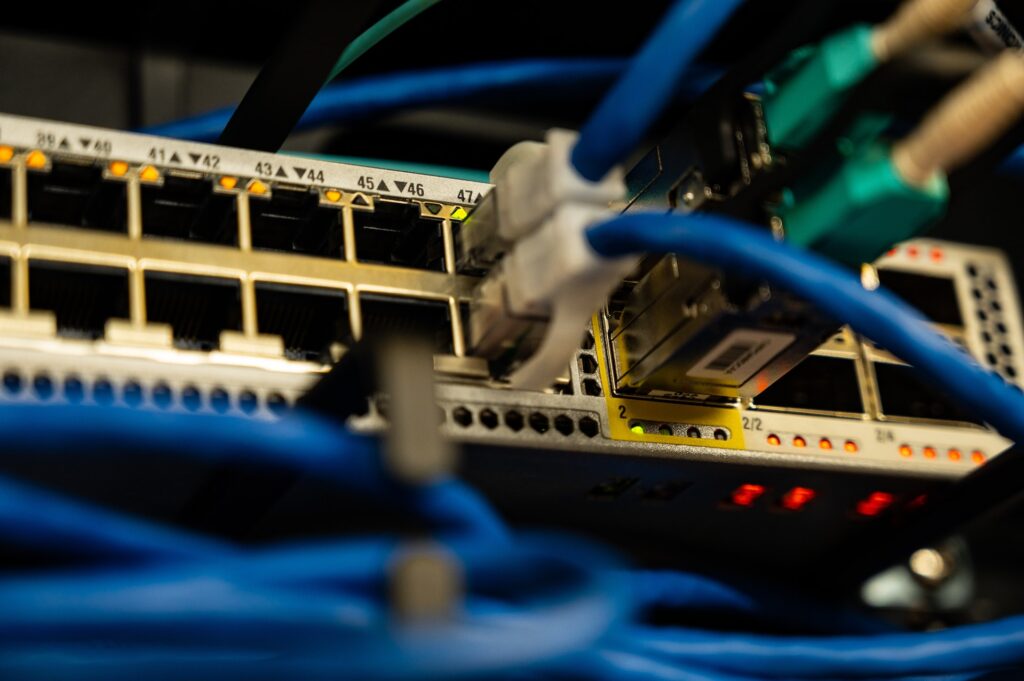
1. Faster speeds:
- Ethernet cables provide faster and more consistent connection speeds than Wi-Fi.
- Ethernet is less susceptible to interference, ensuring a stable connection.
2. Security:
- Wired associations are safer as they are more diligent in hacking contrasted with wireless networks.
3. Low Latency:
- Ethernet offers lower inertness, making it ideal for internet gaming and continuous applications.
4. Coverage:
- Wi-Fi is more helpful for cell phones, while Ethernet is best for fixed gadgets close to the switch.
5. Crowded Networks:
- In densely populated areas, Ethernet is less affected by network congestion compared to Wi-Fi.
B. Can Ethernet cables be used for WiFi?
1. No Wireless Magic:
- Ethernet cables are not a magical solution to create a wireless connection. They are designed for wired connections.
2. Physical Connection:
- Ethernet cables transmit data through physical wires, whereas WiFi is wireless and relies on radio waves.
3. Different Technologies:
- Ethernet and WiFi use different technologies; Ethernet connects devices through cables, while WiFi connects wirelessly.
4. Ethernet for Stability:
- Ethernet is known for its stability and speed, making it ideal for devices that require a consistent, high-speed connection.
5. WiFi for Mobility:
- WiFi is perfect for mobile devices, providing freedom of movement within its coverage area.
6. Hybrid Solutions:
- Some devices offer hybrid options with both Ethernet and WiFi capabilities, allowing you to choose the best connection method.
7. Use Case Matters:
- Choose Ethernet for stationary devices and WiFi for portable gadgets to optimize your network setup.

